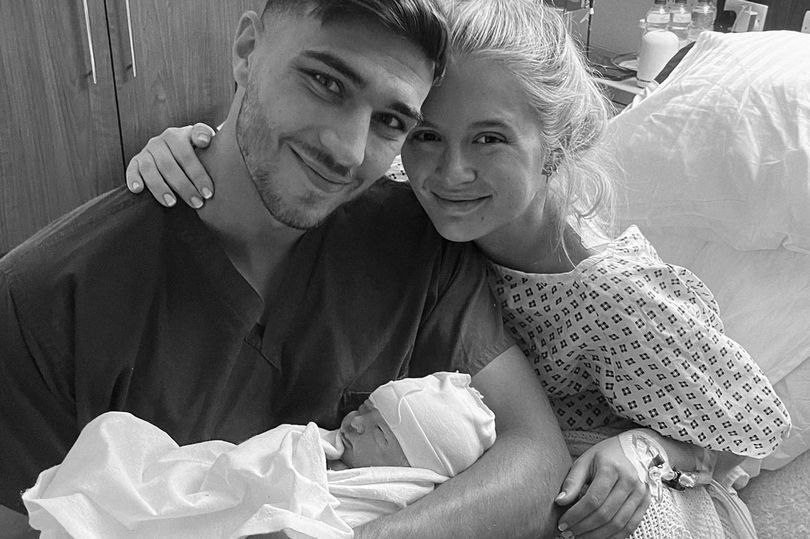
Print & Features Editor Eleanor Bergin discusses the contributions of social media to the rise of ‘mum-shaming’
Although the feminist movement remains as relevant and as vital as ever when it comes to striving against archaic ideals designed for women to follow, the idealisation of motherhood still seems to pervade societal expectations. Can a woman ever truly fulfil the role of what society hails as the ‘perfect mother’, residing by her newborn child’s side all hours of the day and cherishing every moment together?
“Can a woman ever truly fulfil the role of what society hails as the perfect mother?
This debate has come to light once again after public figures such as Molly-Mae, Stacey Solomon and Rebel Wilson have all come under fire recently with fans questioning their parenting techniques and exposing their actions which have been deemed as irresponsible or careless, otherwise known as ‘mum shaming’. For instance, Molly-Mae received a large amount of criticism on Instagram after not using a car seat when bringing her child home for the first time, whilst Stacey Solomon’s decision to treat herself to a manicure after giving birth was labelled ‘impractical’.
Back in February, Rebel Wilson also received backlash after partying a week after her daughter was born. Of course, these aren’t merely isolated incidents and this judgement is experienced by mothers everywhere who are made to feel guilty about the time they have to themselves. However, having such a strong social media presence tends to invite unwarranted criticism, making mum shaming all the more common.
“The unrealistic societal expectations of motherhood seem to suggest that by stepping into the role of a mother, there is also an element of sacrifice that is required
The unrealistic societal expectations of motherhood seem to suggest that by stepping into the role of a mother, there is also an element of sacrifice that is required with it. Yet, in reaction to the criticism against her, Rebel Wilson made her stance on the topic crystal clear: “Just because you become a mother, doesn’t mean that you lose your identity as a person”.
Speaking out against the rigid perfectionism ingrained into the mindsets of new mothers highlights the importance of retaining one’s sense of self and individuality, rather than simply accepting one’s only defining quality as being a ‘mother’. During a period when ideas of feminist progress, choice and empowerment are more rife than ever before, surely promoting the rhetoric that taking time for oneself equates to guilt and humiliation as a mother is a step further backwards.
With the rise of social media, childrens lives have become optimised for obtaining more likes and followers, with many influencers wishing to highlight the struggles of motherhood, or alternatively idealise it. For some, motherhood has simply become an Instagram-filtered phenomenon, setting an unattainable standard for new mothers-to-be. It may come as a surprise that in the UK, half of all mothers experience mental health problems at some time during pregnancy or after their child’s birth, according to the National Childbirth Trust (NCT). Creating a community of openness and honest vulnerability, rather than one of hostility and competitiveness, is crucial when it comes to tackling the hurdles of motherhood. Placing shame upon women who can’t live up to the perceived perfection of others only serves to exacerbate stress and mental health problems further.
“With the rise of social media, childrens’ lives have become optimised for obtaining more likes and followers
So, what exactly encapsulates the vision of the ideal mother in 2023? Is it the modern woman who juggles her work-life balance perfectly or is it a romanticised image of a devoted, self-sacrificing mother?
Prescribed ideas of motherhood seem like an utterly obsolete idea in this day in age, yet as we have already seen this year, women continue to be torn down for even the smallest and most trivial of actions, such as simply getting her nails done. Sexist, hateful comments can only perpetuate insecurities and feelings of guilt further for mothers who are simply trying their best in the face of a scary, new challenge.
Read More From Life&Style:
From Diversity to Conformity: Is London Fashion Week Regressing Body Positivity?
Baby Aire: Celebrity Baby Names and the Spectacle of it all
Buccal Fat Removal: The Body Image Trend Cycle and Celebrity Transparency
Comments